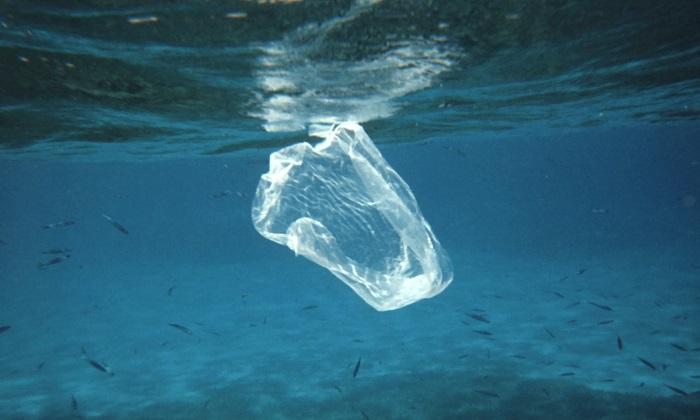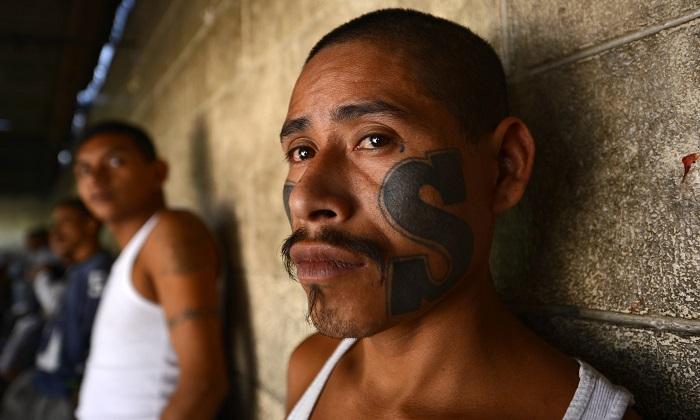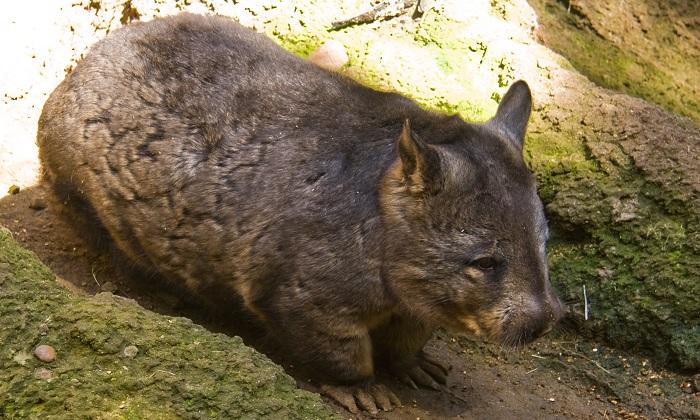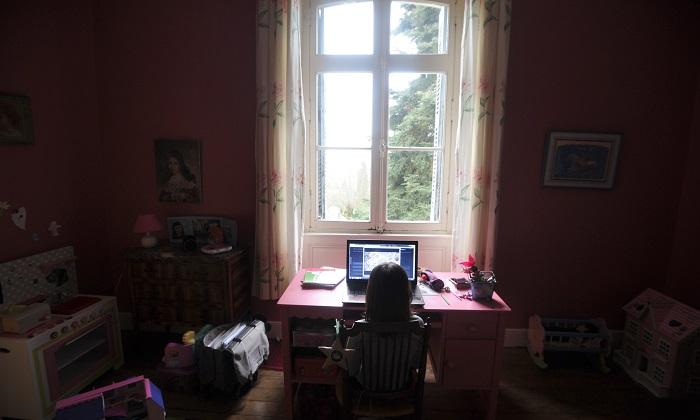The South Pacific Ocean nation of Vanuatu has banned unrecyclable plastic bags and polystyrene takeaway boxes in a bid to address growing pollution concerns affecting the island nation’s surrounding waters.
As of next month, Vanuatu will ban the importation and local manufacturing of non-biodegradable plastics, reported The Vanuatu Independent.




